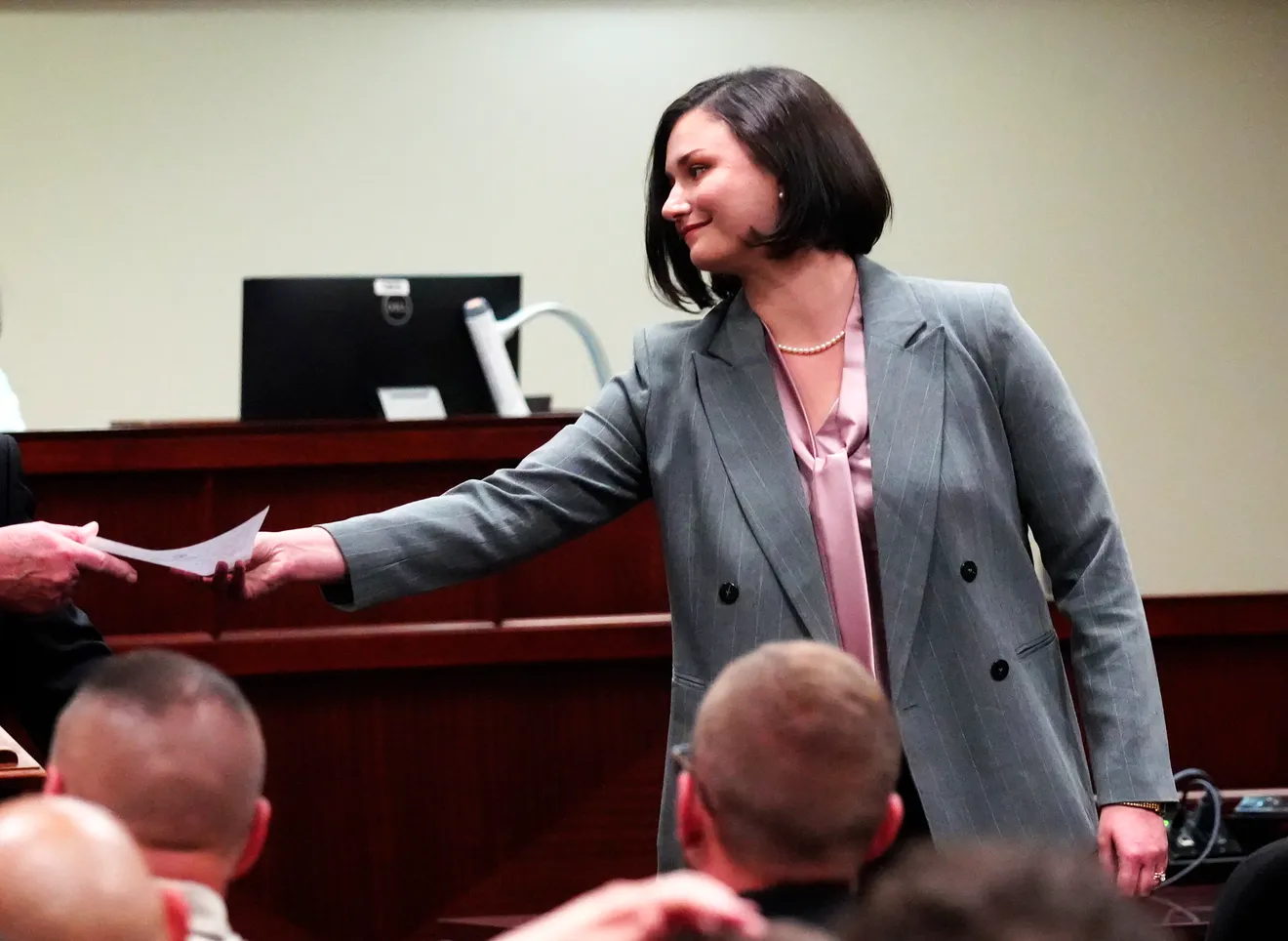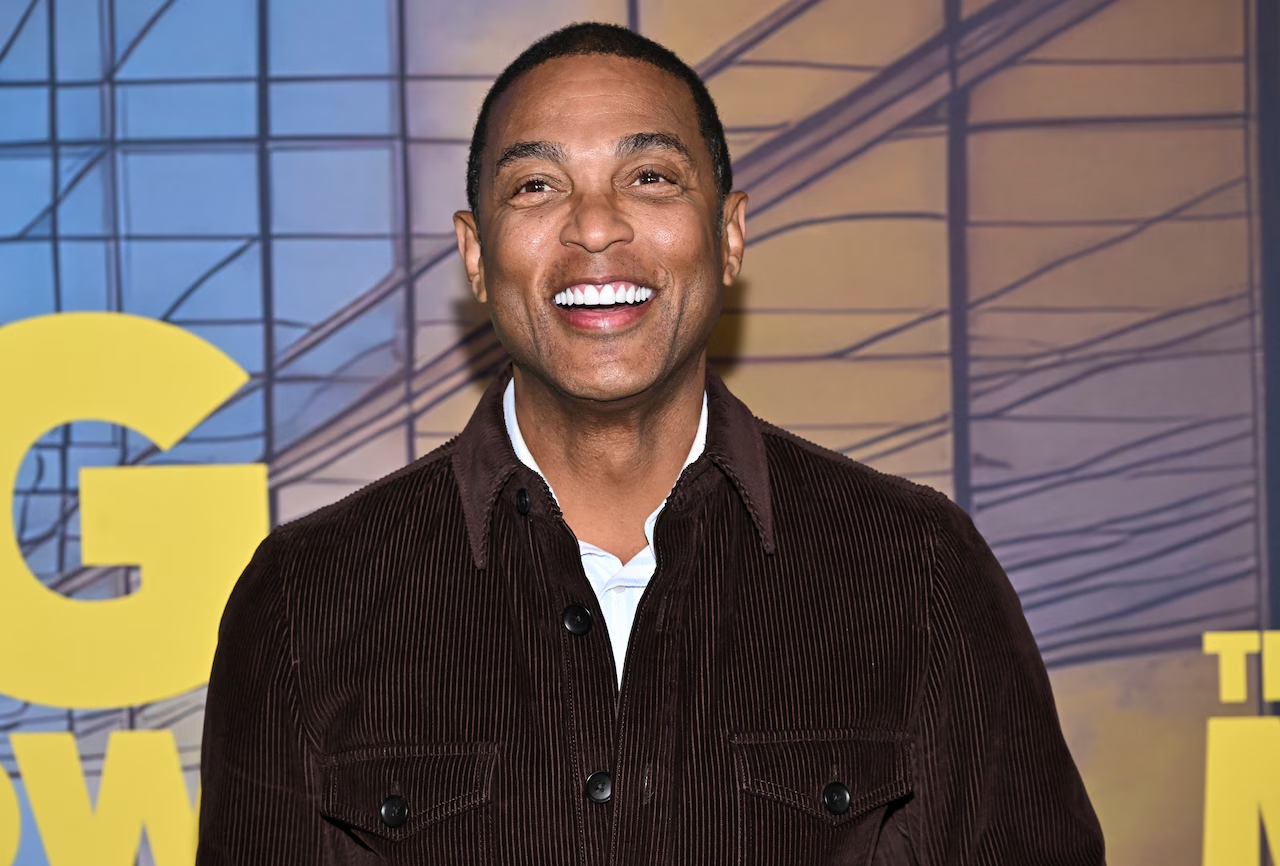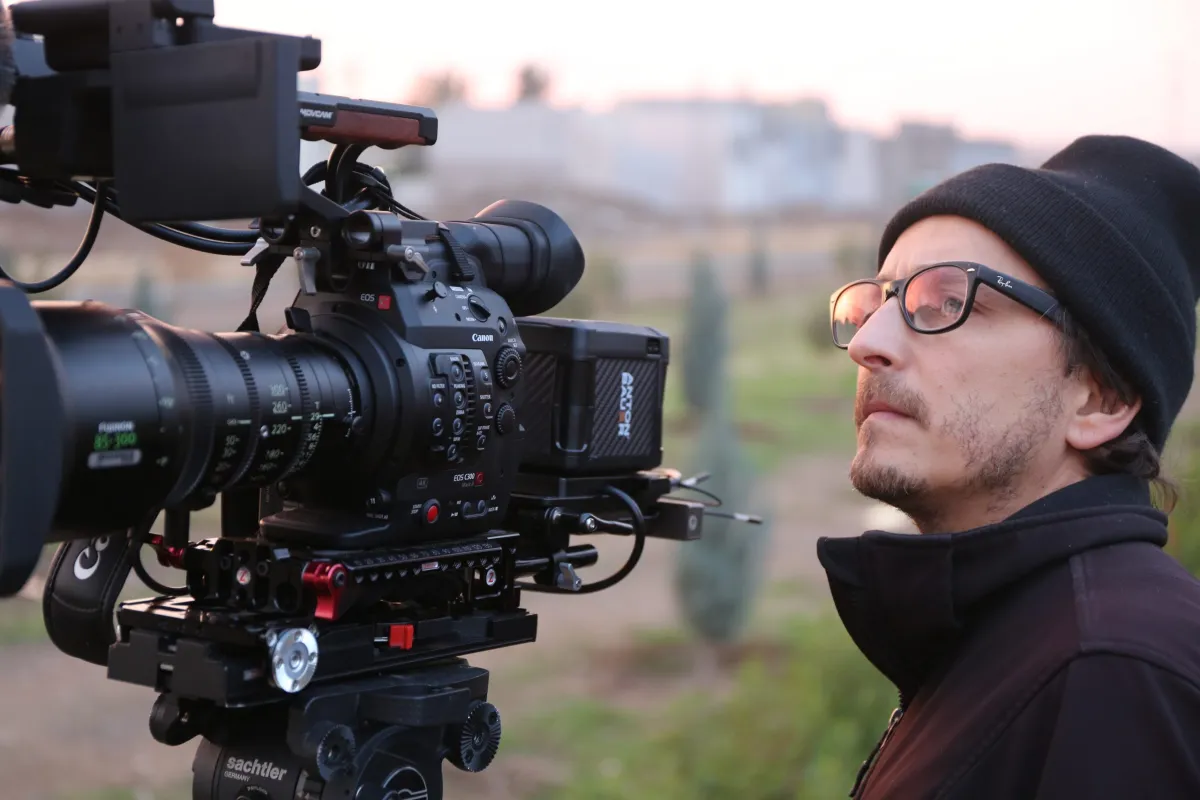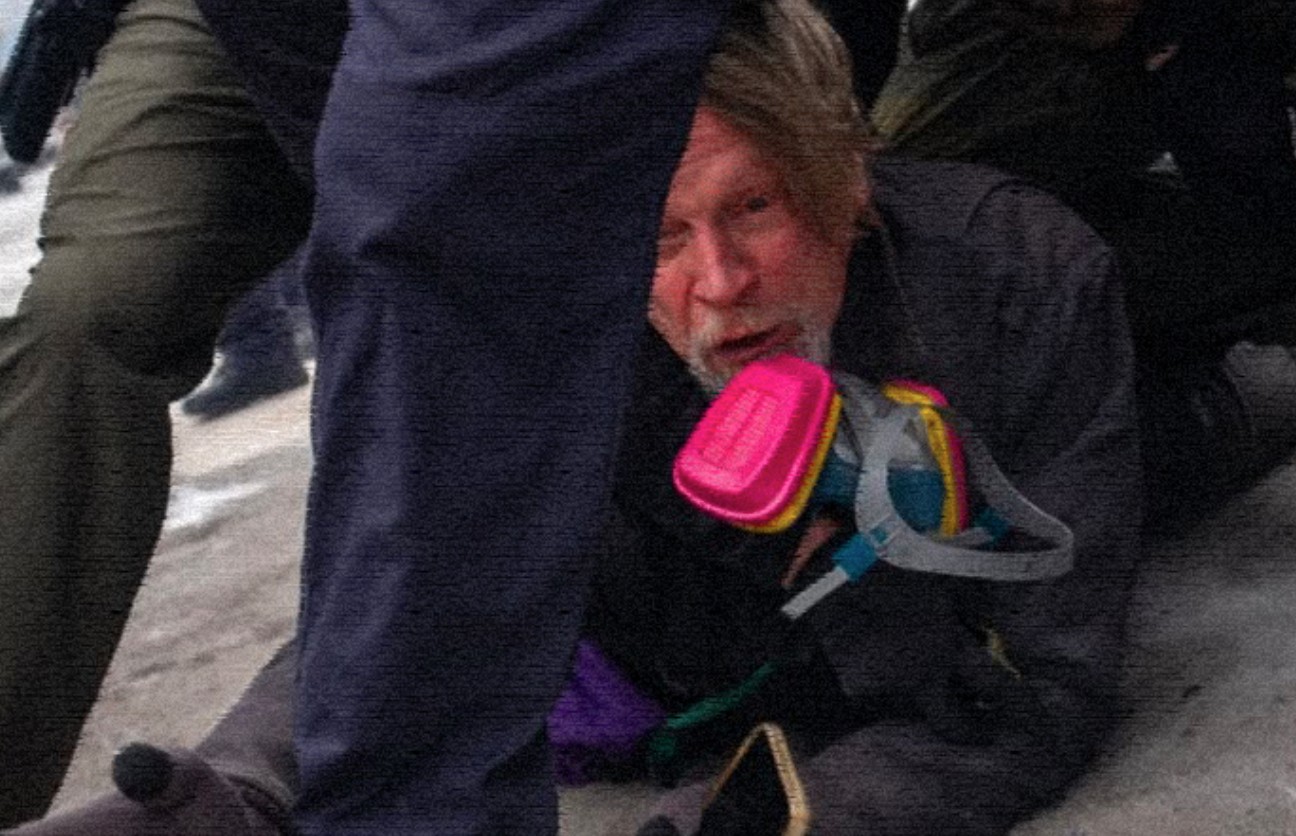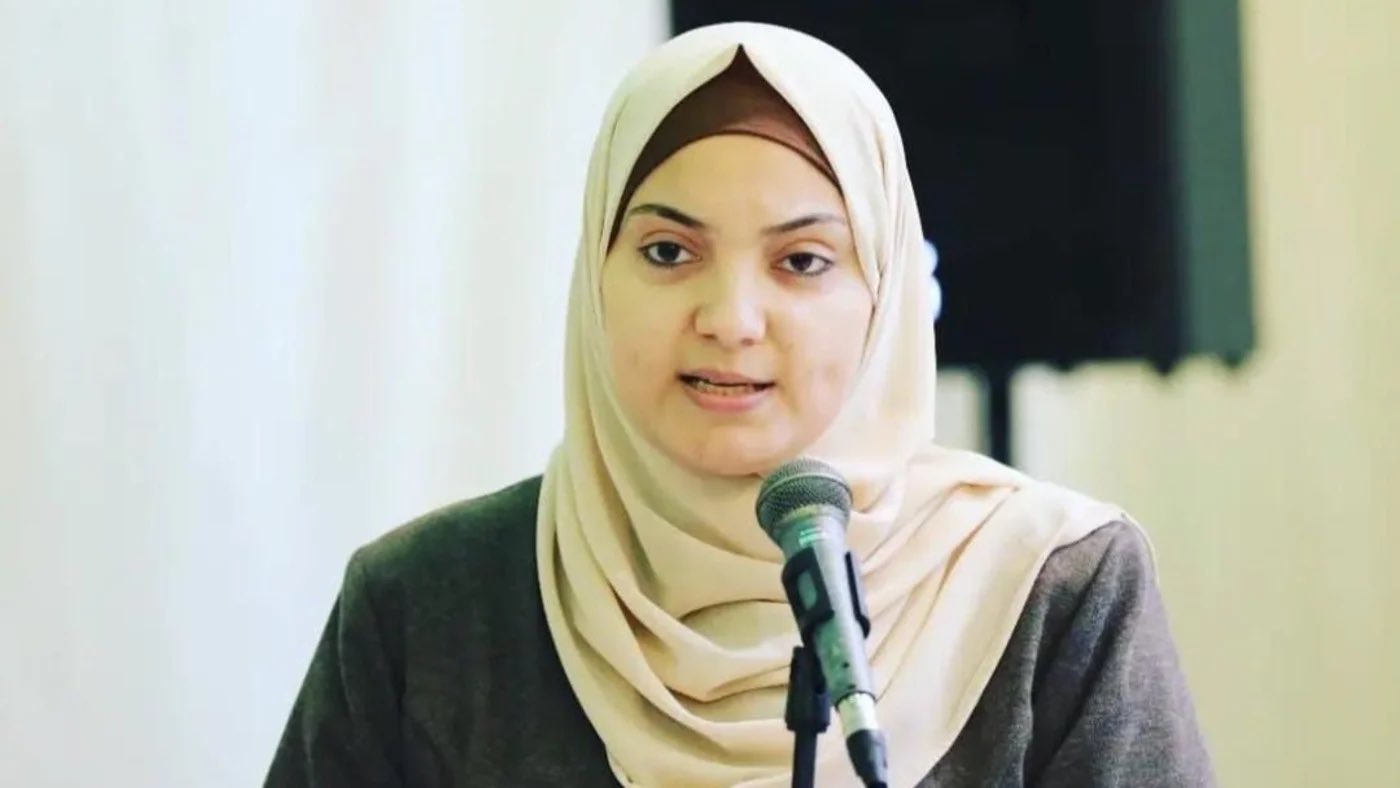
Pregnant Journalist Wala al-Jaabari Killed with Family in Israeli Strike Amid Gaza Starvation
July 23, 2025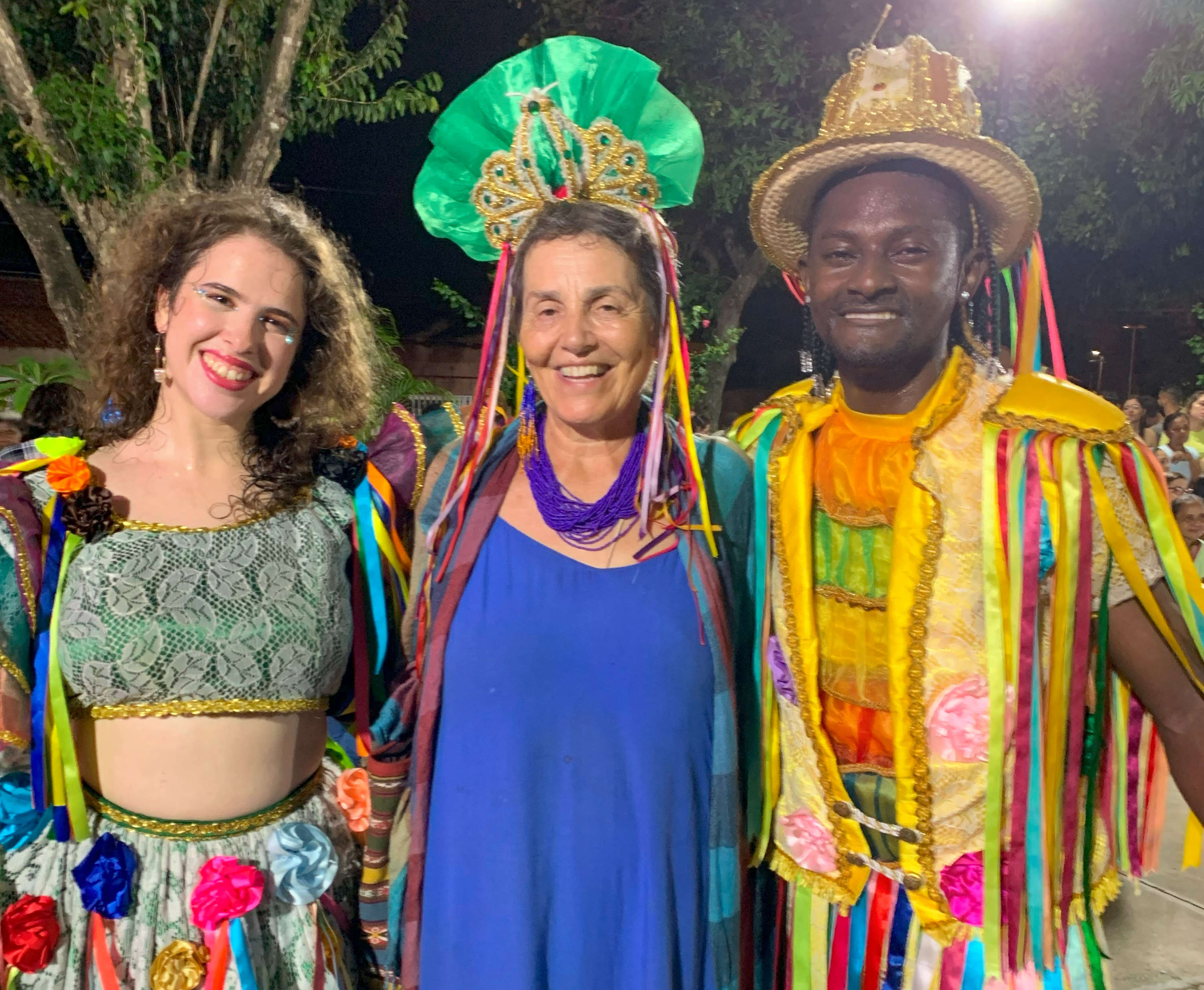
Lancaster Artist Reopens Exhibition Honoring Slain Journalist Dom Phillips
July 24, 2025July 24, 2025 – USA –
Two Ohio-based journalists, Madeline Fening and Lucas Griffith, have had felony charges dropped following their arrest during a protest over immigration enforcement. The protest, held on July 17, 2025, took place on the Roebling Suspension Bridge connecting Cincinnati, Ohio, and Covington, Kentucky. Demonstrators were rallying against the detention of Ayman Soliman, an Egyptian immigrant facing deportation.
Fening, a reporter with CityBeat, and Griffith, a photo intern, were covering the event when they were arrested alongside at least 13 others. Both were charged with first-degree rioting, a felony under Kentucky law, which carries potential penalties of up to five years in prison and significant fines. Additional misdemeanor charges included failure to disperse, disorderly conduct, resisting arrest, and unlawful assembly.
On July 23, Kenton County prosecutors announced the dismissal of the felony rioting charges with prejudice, meaning the charges cannot be refiled. However, the journalists still face several misdemeanor counts, and upcoming court hearings will determine whether those charges will proceed.
The arrests sparked sharp criticism from press freedom advocates. Organizations such as the ACLU of Kentucky, the National Press Photographers Association, and the Society of Professional Journalists argued that the journalists were targeted for performing their constitutionally protected duties. Legal experts emphasized that the First Amendment protects journalists covering matters of public interest, even in the context of civil disobedience.
Fening and Griffith were identified as members of the press, yet law enforcement did not extend the usual discretion afforded to journalists in such situations. Critics argue that this incident is part of a broader trend in which journalists face legal consequences for documenting protests and government actions, particularly surrounding immigration and policing.
The case continues to draw national attention, especially as similar arrests have occurred in cities like Los Angeles and Atlanta. As the remaining misdemeanor charges move through the courts, advocacy groups continue to call for full dismissal, warning that criminalizing press coverage threatens the public’s right to information and sets a dangerous precedent for journalistic freedom.
Reference –

